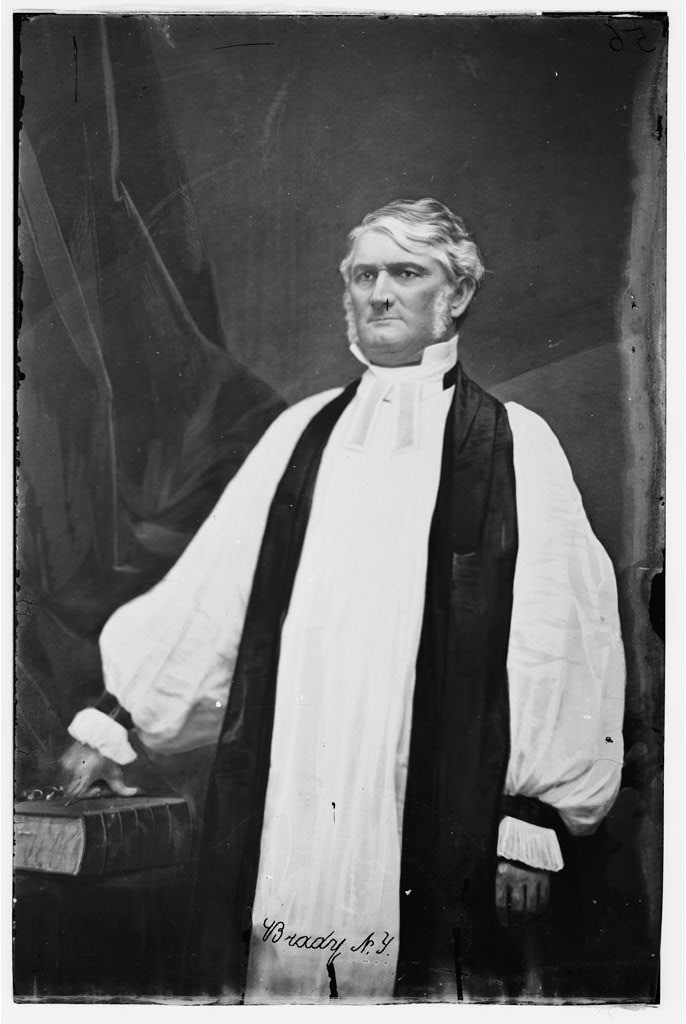Part of the Cool Civil War Names series.
In addition to being one of two people to serve in the U.S. House and Senate, a President’s Cabinet, and the U.S. Supreme Court, L.Q.C. Lamar was one of eight senators featured in Profiles in Courage by John F. Kennedy, which is one of those books you’ve heard about but never read.
A lawyer from Georgia, Lamar bounced between Georgia and Mississippi to practice law and teach before getting elected to the Georgia State House of Representatives in 1853, and then three years later in Mississippi to the U.S. House. (Pick a state, man!) When secession time came around, he resigned from the House and joined the Mississippi Secession Convention, drafting the state’s Ordinance of Secession and mustering a regiment. When bad health kept him away from the battlefield, Jefferson Davis appointed him Confederate minister to Russia and special envoy to England and France until the end of the war.
Once former Confederates were allowed to hold office again, Lamar came right back, serving in the U.S. House (again) and then Senate, where he earned his spot in Profiles in Courage by eulogizing Charles Sumner instead of caning him again and voting against the “free silver” movement. Grover Cleveland appointed him Secretary of the Interior in 1885, then two years later nominated him for the U.S. Supreme Court, where he died five years later.
